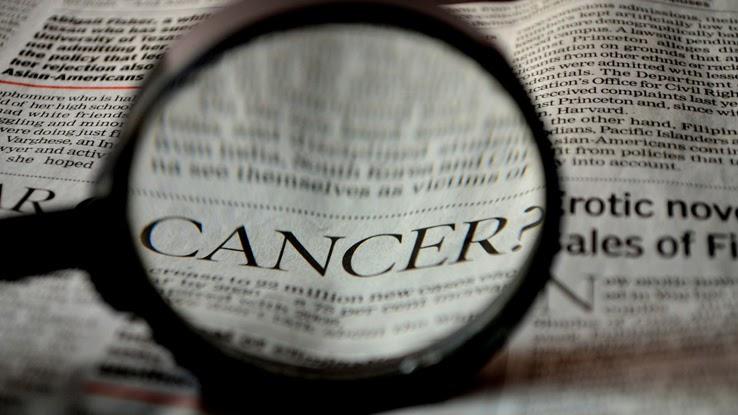
Colon cancer is the third deadliest cancer affecting both men and women in the United States. Part of what makes colon cancer so deadly is that it often goes relatively unnoticed because of a lack of early symptoms. Patients can be asymptomatic for months or even years. By the time symptoms become noticeable, colon cancer has often reached the later stages of the disease, which greatly reduces the chance of recovery.
This scary scenario doesn’t have to be the only option. Colon cancer does have some preliminary warning signs that you can spot if you’re paying attention. Be on the lookout for these signs, and if you experience any of them for more than a few days, reach out to your doctor to schedule a checkup.
Any Persistent Change in Bowel Habits
Unfortunately, many of the symptoms of colon cancer mimic other gastrointestinal (GI) disturbances, and the symptoms may be so slight that patients don’t think about informing their doctor. So, what does a “change in bowel habits” mean? It could mean that suddenly your bowel movements are irregular when they were once very regular, or it could mean persistent diarrhea or constipation. Any time you have diarrhea or constipation that persists for more than several days, it’s a good idea to let your doctor know.
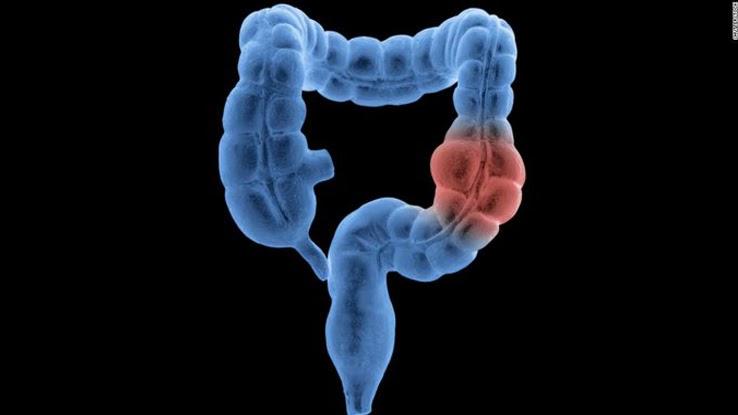
Rectal Bleeding or Blood in the Stool
Colon cancer and colorectal cancer — cancer of both the colon and the rectum — manifests with the growth of polyps. The polyps usually start out as benign growths, but they could become cancerous over time. When polyps become irritated, they often bleed, so if you notice blood on your toilet tissue paper or blood in the toilet after a bowel movement, let your doctor know right away.
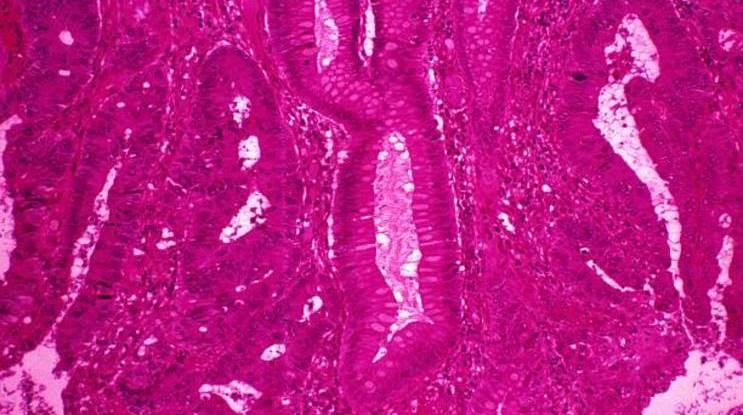
Rectal bleeding is also a symptom of hemorrhoids, which is a much less serious condition. It’s important to know as soon as possible which condition is responsible for the bleeding. If the issue is hemorrhoids, they usually don’t require more than over-the-counter (OTC) treatment.
Unexplained Weight Loss and Fatigue
Many illnesses, diseases and conditions have unexplained weight loss and fatigue as symptoms associated with them, and colon cancer is one of the possibilities. If you experience this symptom along with other warnings listed here, such as a change in bowel habits, rectal bleeding or abdominal discomfort, let your doctor know. He or she can conduct an exam and further tests to look for signs of colon cancer.
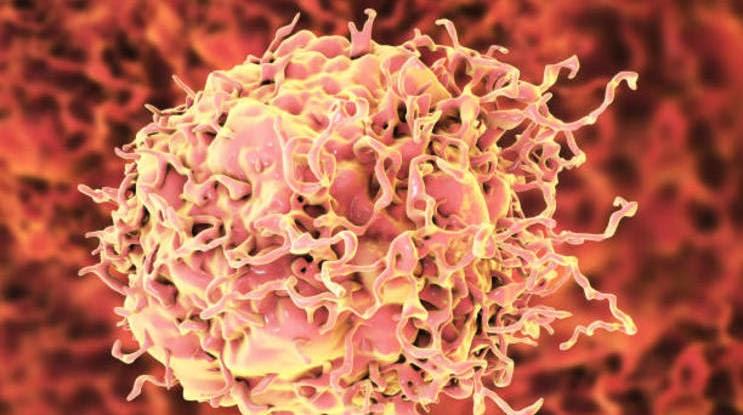
Abdominal Discomfort or Pain
Along with a change in bowel habits, you may notice other changes, such as abdominal discomfort, that you hadn’t previously experienced. Discomfort could indicate something as simple as gas, or it could manifest as actual cramping or pain combined with bloating. As with the other symptoms, if you notice that your abdominal discomfort is persistent and doesn’t go away after a few days — and over-the-counter medicines and antacids don’t relieve it — it’s time to inform your doctor as soon as possible.

Colon Cancer: Who Is at Risk?
When it comes to colon cancer, you can control some behaviors and habits that could increase your risk, but you can’t control some of the main risk factors for the disease. For example, you can’t control your genetics, and some genetic risk factors include a family history of colorectal cancer, polyps or inflammatory bowel disease (IBD). Additionally, older people as well as African Americans and those of Ashkenazi Jewish descent are at greater risk. Personal or family history of inherited disorders like Lynch syndrome could also play a role.

On the other hand, factors you can control to minimize your risk of colon cancer include obesity — particularly when combined with a sedentary lifestyle — eating a diet high in red or processed meats (especially for women), smoking, excessive drinking and eating foods high in sugar and fat.
Colon Cancer: When Should You Be Screened?
Because symptoms aren’t always easy to spot, a colonoscopy is recommended as a screening tool to detect colon cancer in patients. Prior to 2018, the recommended screening age for both men and women was age 50. Because of the increase in the number of younger patients being diagnosed with colon cancer, the American Cancer Society lowered the screening guidelines to age 45 for both men and women in 2018.
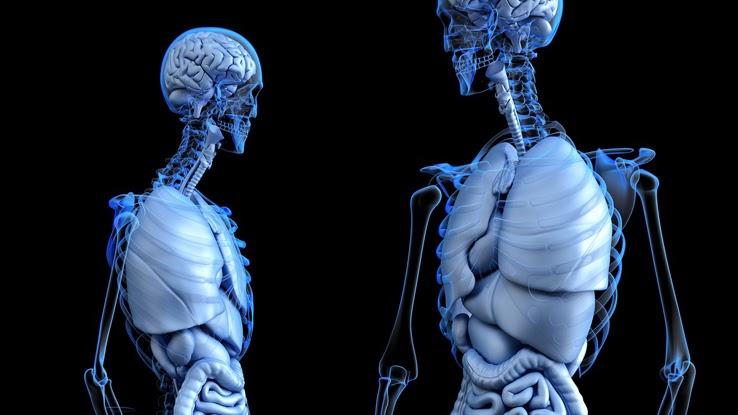
Unfortunately, not all insurance companies have caught up with this new guideline yet, so it’s important to take matters into your own hands and inquire about testing if you’re between the ages of 45 and 50. If you fall into one of the high-risk groups, you may even want to request screening sooner.





